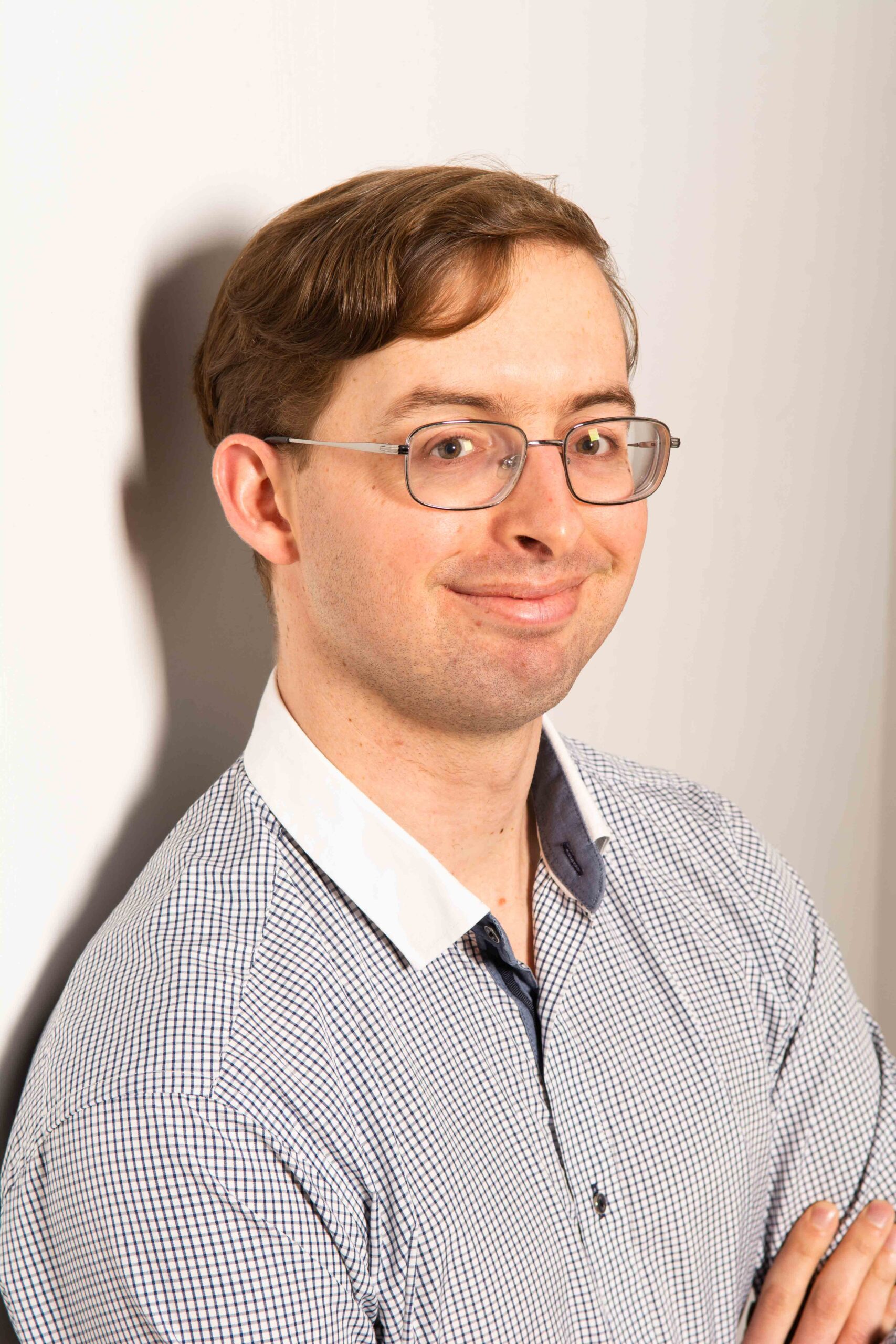
Australian doctors are more conscientious and empathic than the public – but they’re also more neurotic, according to two new national surveys.
And these differences could actually impair care, the researchers say.
“Conscientious doctors may overestimate their patients’ ability to follow recommendations [while] higher doctor neuroticism, which is related to stress, could lead doctors to see stress as a normal part of life, and, thus, underestimate the impact of [it] on patient wellbeing,” researchers wrote in BMJ Open.
They compared doctors and the general public on the ‘Big Five’ personality traits of agreeableness, conscientiousness, extraversion, neuroticism and openness.
As expected, the 19,000 doctors (a mix of GPs and specialists) were overall more agreeable and extraverted than the 25,000 members of the public, suggesting higher levels of empathy, kindness, warmth and confidence.
Doctors were also more conscientious than the public, meaning they reported being more systematic, efficient, careful and organised.
But the picture wasn’t entirely rosy. Doctors also reported being more neurotic, viewing themselves as moody, touchy, jealous and fretful.
The findings were bad news for those of us who like to stereotype members of different specialties though.
“Person-oriented” specialists such as GPs, obstetricians, gynaecologists or paediatricians and “technique-oriented” specialists such as surgeons, anaesthetists or radiologists reported similar personality traits.
The only difference being that GPs appeared to be more agreeable than the rest of their medical peers.
But this newfound self-knowledge could help people be better doctors, the authors said.
“Our findings can help raise doctors’ awareness of existing personality differences between themselves and their patients. By taking into account these differences, doctors can better calibrate their judgements of patients and gain insight into factors that influence their patient interactions,” the researchers wrote.
While the authors welcomed the benefits of having a range of different personalities in the treating team, their findings suggested that throwing more doctors into the group may have limited effects.
“The lack of personality difference we found between doctor specialties suggests that adding more doctors to a team will not increase diversity of personality-base perspectives,” they concluded.

